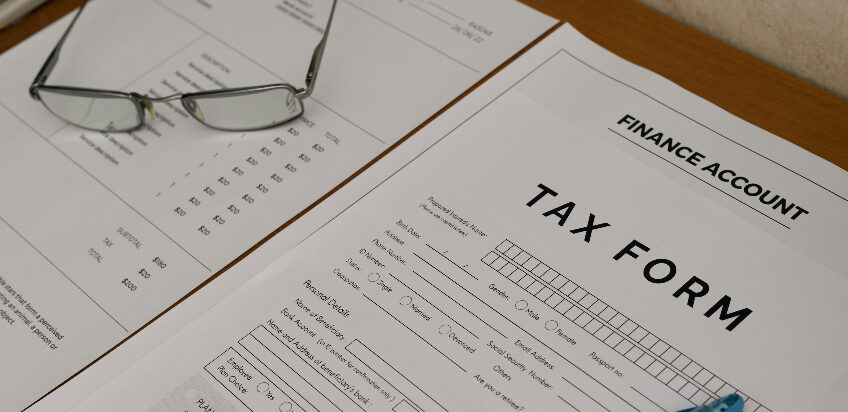In New Jersey, property taxes are among the highest in the nation. Homeowners may feel that their property has been over-assessed, leading to higher tax bills than necessary. Fortunately, New Jersey law provides a process to challenge a property tax assessment if you believe it is inaccurate or unfair. This article outlines the steps to contest a property tax assessment in New Jersey and what you need to know to navigate the process.
Understanding Property Tax Assessments
Property taxes in New Jersey are based on the assessed value of your property. The local tax assessor evaluates your home’s market value and calculates your assessment accordingly. This assessed value is then multiplied by the local tax rate to determine your annual tax bill.
If you believe that your property assessment is higher than the fair market value of your home, or higher compared to similar properties in your area, you have the right to file an appeal.
Step 1: Review Your Assessment
The first step in challenging your property tax assessment is to review the Assessment Notice sent by your local tax assessor. This notice is typically mailed in February and includes your property’s assessed value for the upcoming tax year.
Compare this value with the market value of similar homes in your neighborhood. If your assessment appears inflated compared to comparable properties, it may be worth pursuing an appeal.
Step 2: File an Appeal
To formally challenge your assessment, you must file an appeal with the County Board of Taxation or the Tax Court of New Jersey, depending on the assessed value of your property:
- For properties assessed at less than $1 million, appeals are filed with the County Board of Taxation.
- For properties assessed at $1 million or more, appeals can be filed directly with the Tax Court of New Jersey.
The deadline to file an appeal is generally April 1st of the tax year, or May 1st in municipalities that have undergone a municipal-wide reassessment or revaluation.
Step 3: Gather Evidence
Successful appeals require solid evidence that your property has been over-assessed. Consider gathering the following documentation:
- Recent sales data of comparable properties in your neighborhood.
- Independent appraisal reports conducted by licensed professionals.
- Photographs of your property and comparable homes.
- Documentation of any structural issues or factors that might lower your property’s value.
The goal is to demonstrate that the assessed value exceeds the fair market value of your property.
Step 4: Attend a Hearing
Once your appeal is filed, a hearing will be scheduled with the County Board of Taxation or the Tax Court. During the hearing:
- You or your representative will present your evidence.
- The tax assessor or municipal representative may also present evidence supporting the assessment.
The board or court will review the evidence and make a determination on whether to adjust your property’s assessed value.
Step 5: Appeal the Decision (If Necessary)
If you are unsatisfied with the outcome at the County Board of Taxation, you have the right to appeal to the Tax Court of New Jersey within 45 days of the board’s decision. The Tax Court will conduct a new review of your case.
Conclusion
Challenging a property tax assessment in New Jersey can help ensure that you are not overpaying property taxes due to an inflated assessment. By understanding the process, gathering strong evidence, and meeting filing deadlines, homeowners can effectively pursue an appeal. Consulting with a property tax attorney or real estate professional can provide additional guidance and improve your chances of success.
